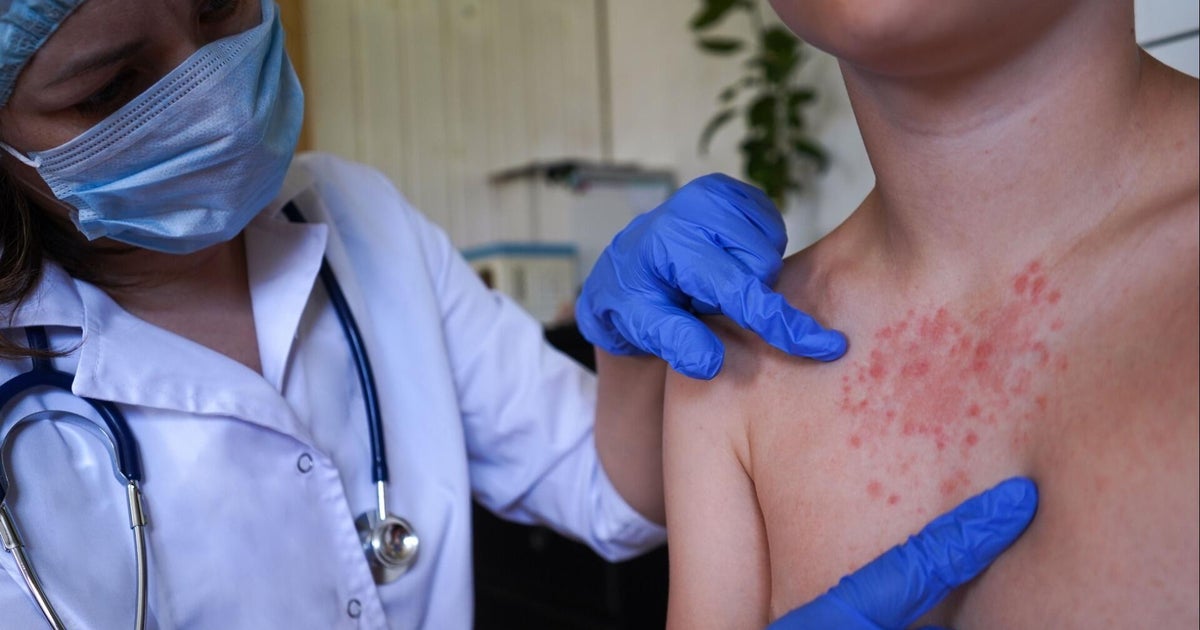Canine And Feline Allergies
By Nan Talleno
PHILADELPHIA (CBS) - Springtime can mean allergy season for many. They can be allergic to anything from food, pollen, dust, mold, exposure to chemicals, fleas, etc.
Although they can sometimes, like us, display symptoms of sneezing, wheezing, watery eyes, and runny nose, it's much more common for animals to develop allergic skin reactions producing various degrees of skin irritations with intense itching, excessive scratching and chewing of the affected area called hot spots.
Severe or constant scratching can also lead to serious infections. A common source of skin allergies is the flea or mite bite.
Inhaled allergies or atopic can be seasonal and just like us, dogs and cats can also be allergic to pollen, mold, spores and other allergens in the environment, as well as elements found within the household like animal dander and dust.
Reactions to certain food allergens can also cause scratching as well as vomiting and diarrhea.
Cats tend to suffer more from respiratory problems than dogs. There are tests that your vet can provide to determine if your pet has allergies.
The most effective way to treat allergies, when at all possible, is to remove the source.
Always keep your pets free from fleas and mites. If food allergies are the problem, this is the time to switch to a more natural and healthier diet for your pet, as this plays an important role to keep your pet healthy.
If you notice your dog or cat is itching and scratching more than usual, there could be one or more allergies present, contact your veterinarian for help and relief as soon as possible.







